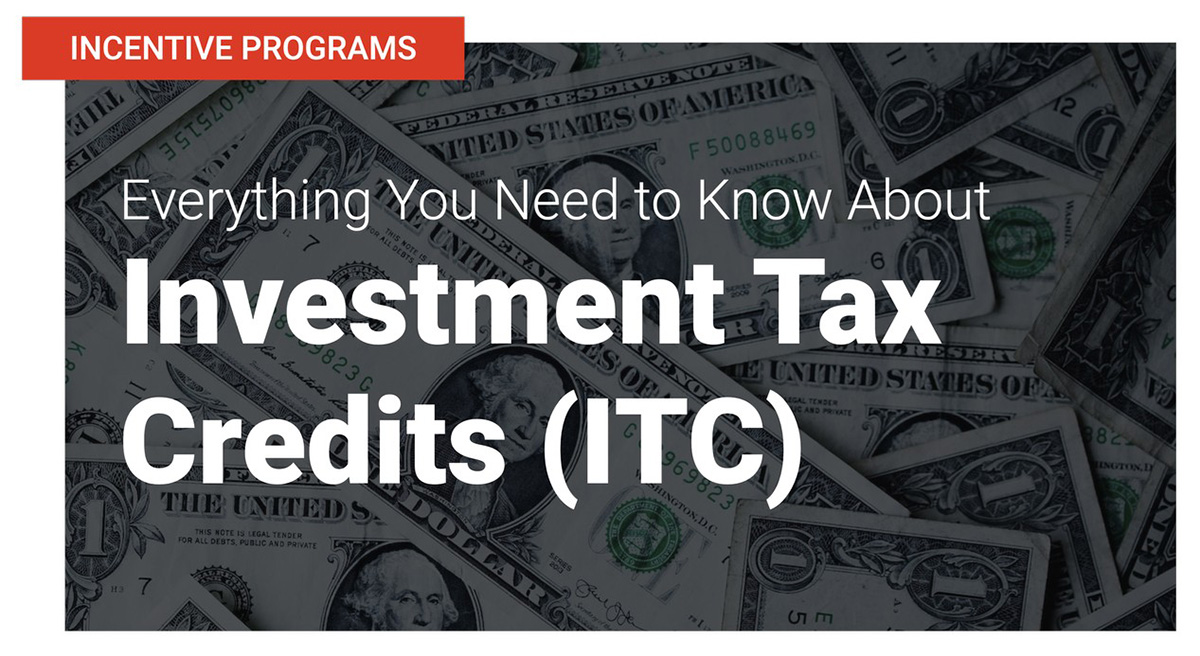-

Insights into the Economic Returns of Tax Credit Transactions
The economic evaluation of transferable tax credits typically hinges on the discount rate, which reflects the price buyers are willing to pay per dollar of reduced federal tax liability. However, fixating on the discount alone offers a limited perspective. A comprehensive financial analysis must also factor in the payment terms of the credits and the…
-

Understanding the pricing of Tax Credit Transfers
Transferable tax credits are priced at a discount to face value to incentivize the buyer to purchase credits. Tax credit pricing has three major components. Transaction Cost & Tax credit insurance premium: The second component in the pricing of transferable tax credits encompasses the transaction costs and tax credit insurance premiums. This portion of the…
-

Risk Mitigation Measures for Effective Transferability
In the dynamic market of renewable energy, purchasing tax credits is a strategic investment move that can yield significant returns to the buyers. However, these transactions come with their own set of complexities and uncertainties. To navigate this challenging landscape, it is crucial for buyers to implement risk mitigation measures. Such measures are designed to…
-

Prevailing Wage and apprenticeship requirements
One of the main objectives of the Prevailing Wage and Apprenticeship (PWA) requirements in the Inflation Reduction Act (IRA) is to foster the growth of good-paying jobs in the energy sector in the United States. The IRA mandates that for taxpayers to qualify for the full range of clean energy tax incentives, they must adhere…
-

Transferability Risks: A Critical Examination
Navigating the transferability of tax credits in renewable energy projects is a delicate venture laced with a spectrum of risks. From recapture pitfalls to stringent qualification requirements, the fiscal landscape is as complex as it is rewarding. Understanding these risks is not just about safeguarding investments; it’s about ensuring the seamless flow of benefits across…
-

investment tax credit (ITC)
The Investment Tax Credit (ITC) is a federal tax credit available to U.S. taxpayers who invest in renewable energy installations such as solar, wind, energy storage, biogas, microgrid controllers, and geothermal systems. Established to propel the adoption of clean energy, the ITC contributes to lowering the nation’s carbon emissions, fostering economic expansion by creating jobs…
-

What are transferable tax credits?
Tax credits are a mechanism by which the US government aims to stimulate investment in clean energy projects such as solar, wind, and other alternative energy sources. The objective is to accelerate the energy transition towards more sustainable sources. However, due to varying state rules and regulations, the government cannot provide direct cash incentives to…
-

11 Key Transferable Tax Credits: Unleashing Their Potential Applications
Transferable tax credits, as discussed in “What Are Transferable Tax Credits?“, do more than attract investment—they’re pivotal in the energy transition, reaching beyond wind and solar to bolster a diverse eco-friendly portfolio. These credits incentivize renewable natural gas projects, biodiesel production, the spread of electric charging stations, Carbon Capture, Utilization, and Storage (CCUS) initiatives, nuclear…
PAVAN KUMAR MEDEPALLI
MBA Candidate at UNC Kenan-Flagler Business School | Tax Equity | Energy Finance | M&A | Corporate Development | Energy Transition | Strategy
